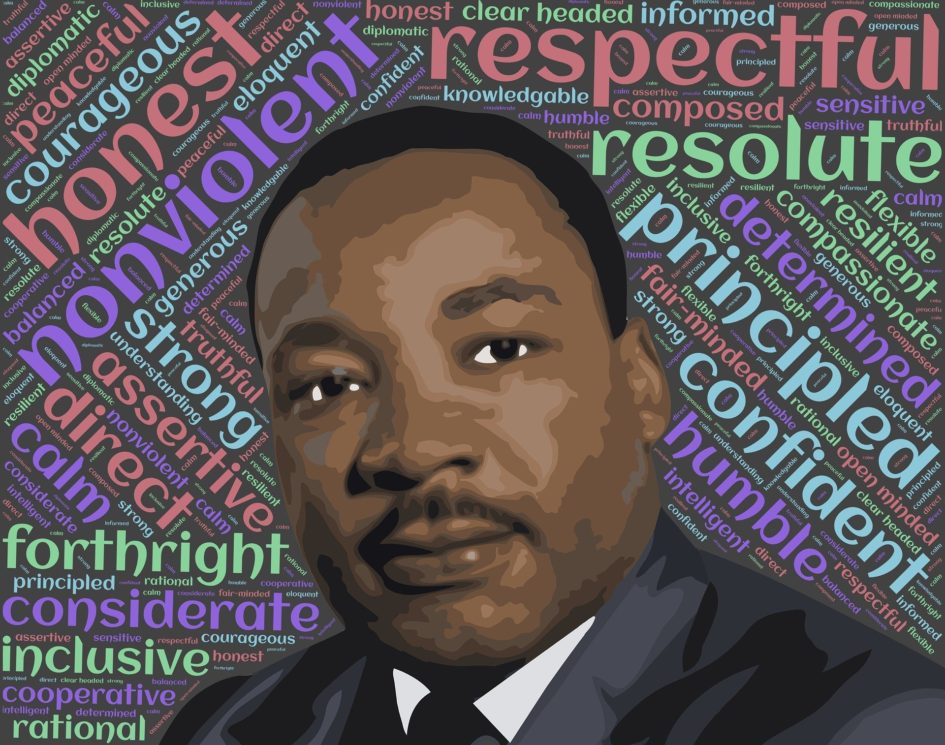This weekend our nation celebrates the life and legacy of Martin Luther King, Jr. Most of us remember Dr. King for his leadership in the civil rights movement, particularly his philosophy of nonviolent resistance and noncooperation. You may be surprised that Dr. King also had much to say about the relationship between science and Christian faith.
In one of my favorite sermons, “A tough mind and a tender heart,” Dr. King preaches on Jesus’ prescriptive for his followers to be as wise as serpents and as harmless as doves. Dr. King understood, as did Jesus, that Christ followers would need to blend the seemingly opposite qualities of toughminded, intellectually rigorous thinking with tenderhearted love and compassion in order to be equipped for a difficult and hostile world. Dr. King even warned of the invasion of religion by softmindedness saying,
‘Softminded persons have revised the Beatitudes to read, “Blessed are the pure in ignorance: for they shall see God.” This has also led to a widespread belief that there is a conflict between science and religion. But this is not true. There may be a conflict between softminded religionists and toughminded scientists, but not between science and religion. Their respective worlds are different and their methods are dissimilar. Science investigates; religion interprets. Science gives man knowledge which is power; religion gives man wisdom which is control. Science deals mainly with facts; religion deals mainly with values. The two are not rivals. They are complementary. Science keeps religion from sinking into the valley of crippling irrationalism and paralyzing obscurantism. Religion prevents science from falling into the marsh of obsolete materialism and moral nihilism.’1
He went on to say, “A nation or a civilization that continues to produce softminded men purchases its own spiritual death on an installment plan.”1
The central element of Dr. King’s philosophy of nonviolence was his belief in a transcendent, divine, loving presence that binds all life. No wonder, then, that his prophetic insights included seeing science and faith as positively interrelated rather than in conflict.
1Martin Luther King, Jr. 1963. Strength to Love. Fortresss Press, Philadelphia.
Image credit: John Hain, Pixabay


